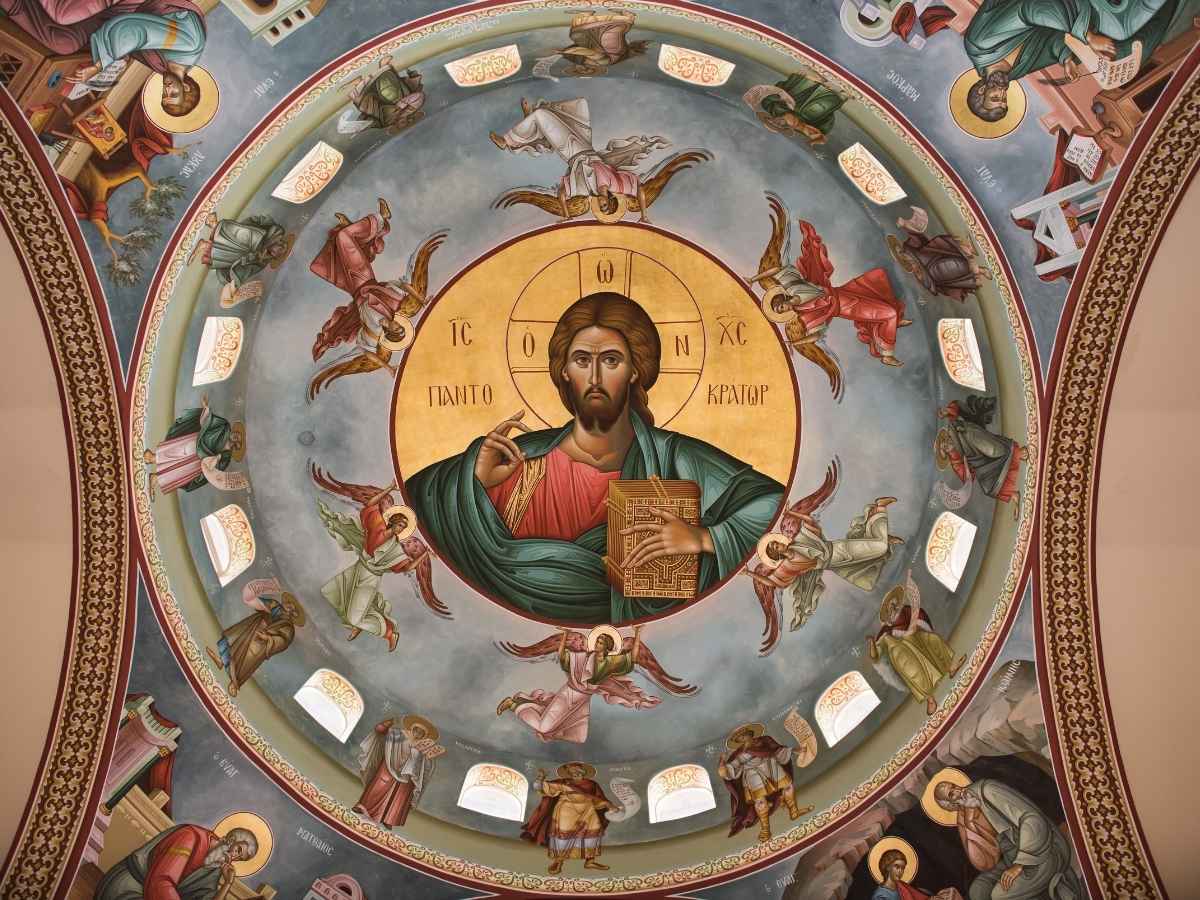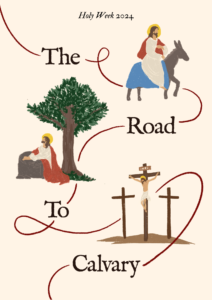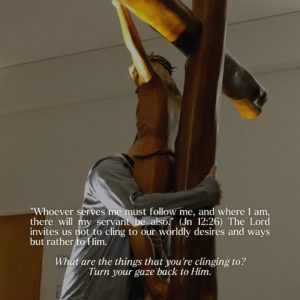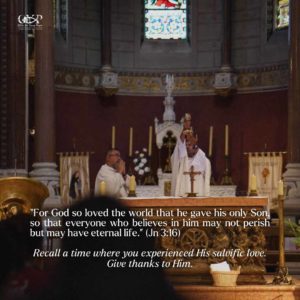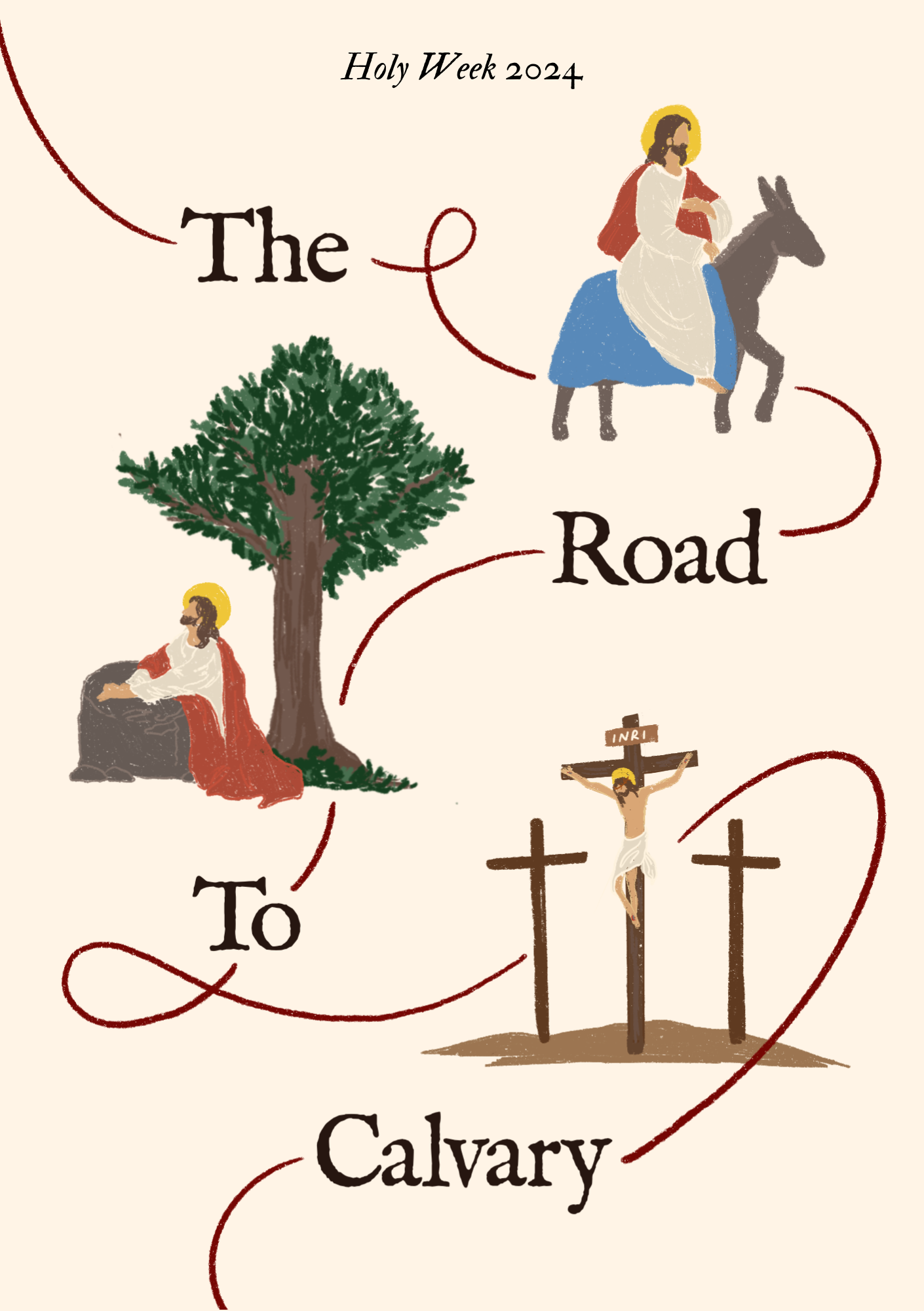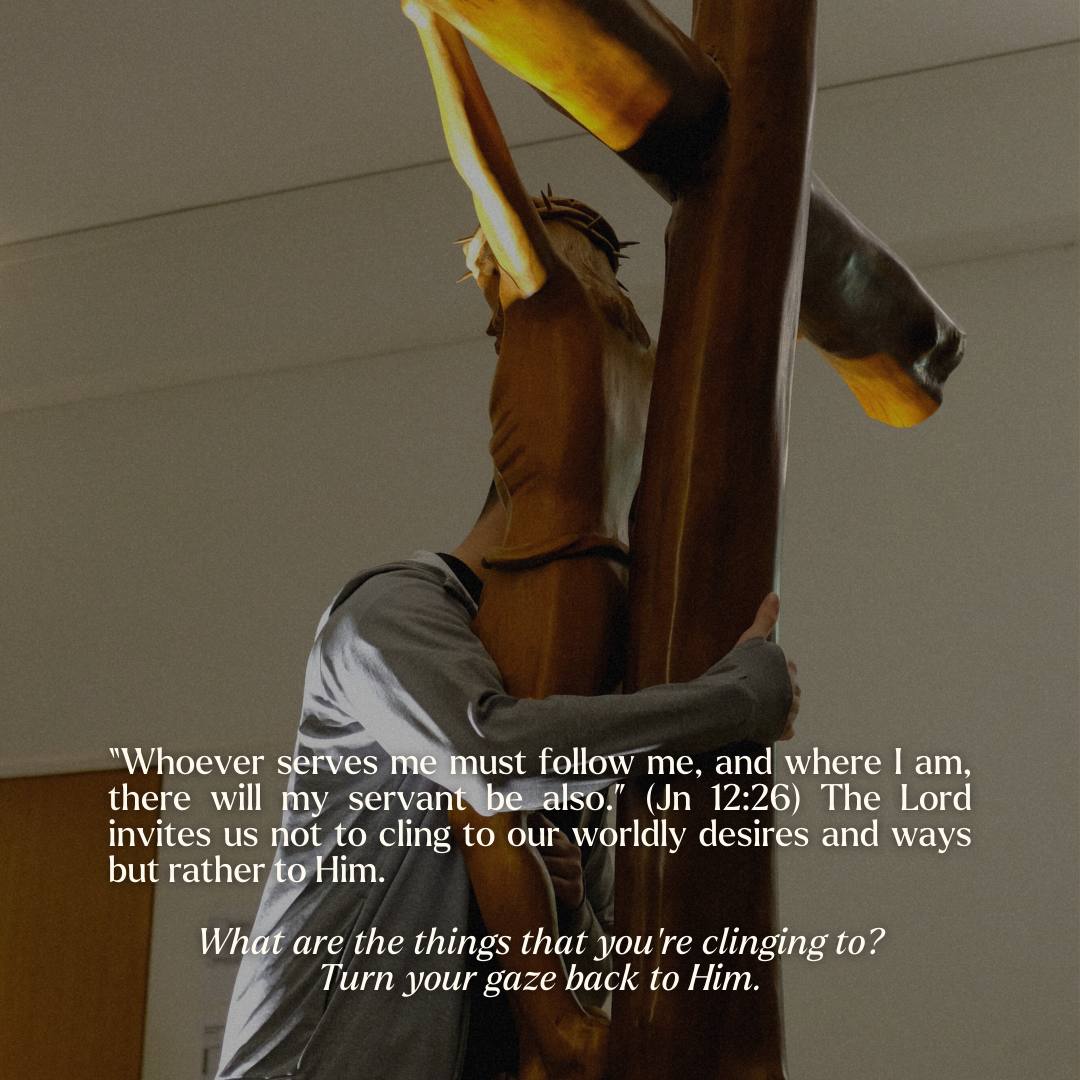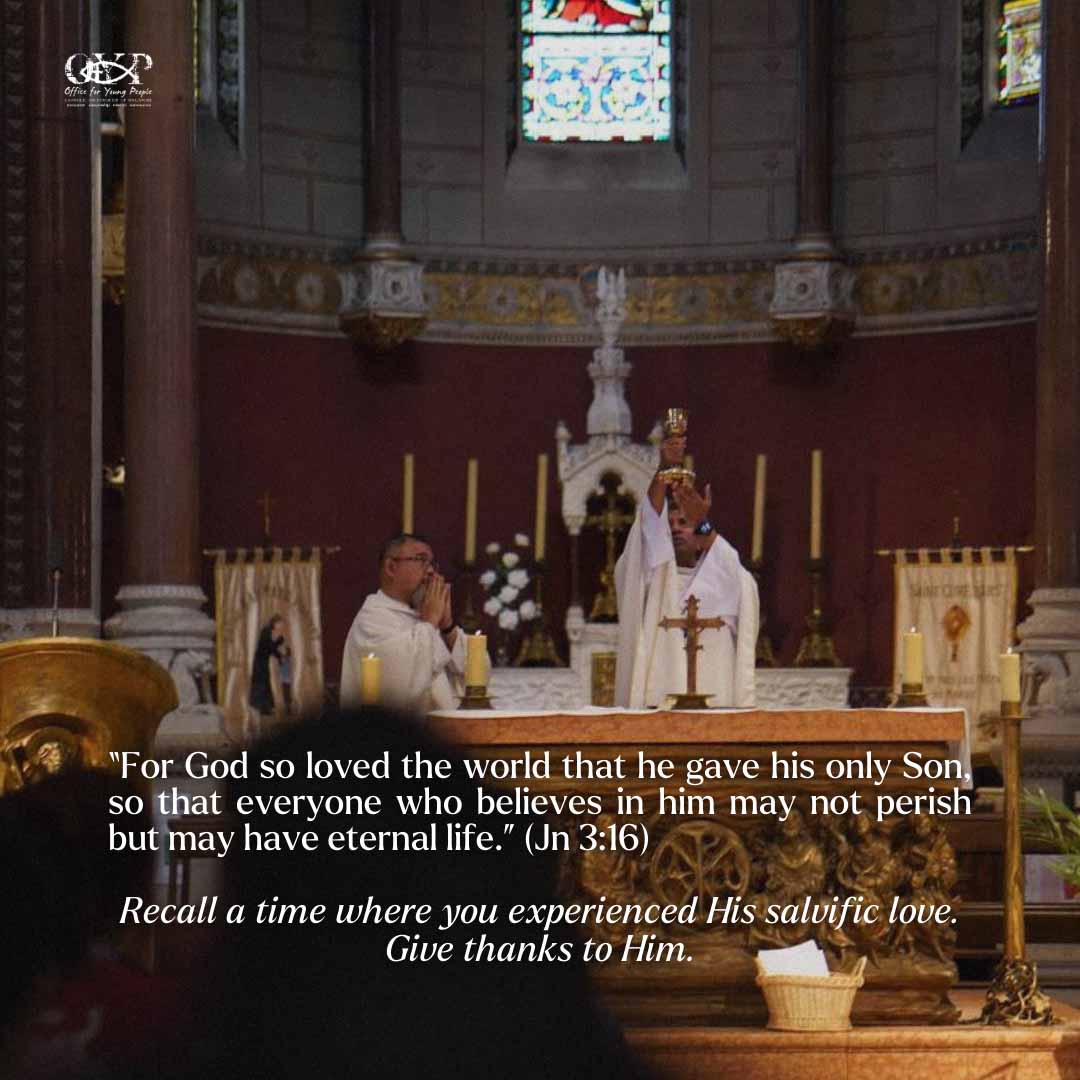By Isabel Tan
The purpose of the seven sacraments may be understood better when they are grouped into the following: the sacraments of Christian initiation, the sacraments of healing and the sacraments at the service of communion.
The sacraments of Christian initiation
The sacrament of baptism (CCC 1213 onwards)
The first sacrament of Christian initiation is called Baptism. To be baptised, or baptizein (Greek) means to be immersed in water. In the Church, the sacrament of baptism symbolizes purification and death to sin, as well as regeneration and renewal. Crucially, it is the door through which one is able to receive all the other sacraments. By Baptism, all our sins are forgiven and we are made to be a new creature, specifically, a son or daughter of God. After receiving the sacrament, we are made members of the Church.
The sacrament of confirmation (CCC 1285 onwards)
The next sacrament is the sacrament of Confirmation. After we are confirmed, our reception of baptismal grace is made complete through the full outpouring of the Holy Spirit upon the confirmand. Like Baptism, we can only receive Confirmation once, as it leaves an indelible spiritual mark on the soul. When we have received the sacrament of Confirmation, we become adult Catholics, called to be mature witnesses and true defenders of the faith by word and deed.
The sacrament of the Eucharist (CCC 1322 onwards)
The final sacrament in the sacraments of Christian initiation is the Eucharist. We often hear it said that the Eucharist is the ‘source and summit of our Christian lives’. Mother Teresa speaks beautifully about the sacrament when she says, ‘when you look at a crucifix you understand how much Jesus loved you then. When you look at the Eucharist you understand how much Jesus loves you now.’ Through the Eucharist, Jesus entrusts to us an eternal sacrament of his love, a memorial of his death and resurrection. While we receive him in the present, we celebrate the Eucharist ‘awaiting [his] blessed hope and […] coming.’ Through the sacrament, we are reminded of his everlasting promise of eternal life.
The sacraments of healing
The sacrament of Reconciliation (CCC 1422 onwards)
Through the sacrament of Reconciliation, we are able to obtain pardon from God for the sins we have committed against him and are reconciled with the Church once more. Even though we received the gift of new life through the sacraments of Christian initiation, we continue to be susceptible to the frailty and weakness of our human nature and its tendency towards sin. When we seek the Lord’s forgiveness through the sacrament, we are restored in his grace.
The anointing of the sick (CCC 1499 onwards)
One of the graces of this sacrament is one of strengthening, peace and courage to overcome the difficulties that go with the condition of serious illness or the frailty of old age. This grace is a gift of the Holy Spirit, who renews trust and faith in God and strengthens against the temptations of the evil one to discouragement and anguish in the face of death. The sick are united with the passion of Christ as well as his resurrection.
The sacraments at the service of communion
The sacrament of Holy Orders (CCC 1536 onwards)
Holy Orders is the sacrament through which the mission entrusted by Christ to his apostles continues to be exercised in the Church until the end of time. The ordination of an individual makes him an instrument of Christ for his Church, His representative in his office as priest, prophet and king. Unlike the common priesthood of the laity, ordained ministers exercise their service for the People of God by teaching, divine worship and pastoral governance.
The sacrament of Holy Matrimony (CCC 1601 onwards)
“Then the man said, This at last is bone of my bones and flesh of my flesh'” (Gen. 2:23). Through the sacrament of Holy Matrimony, man and woman are joined together not just in bodily union, but in a deeper spiritual union. The marriage vow, freely given, is a bond sealed by God. Since God created man and woman, their mutual love becomes an image of the absolute and unfailing love with which God loves man.

